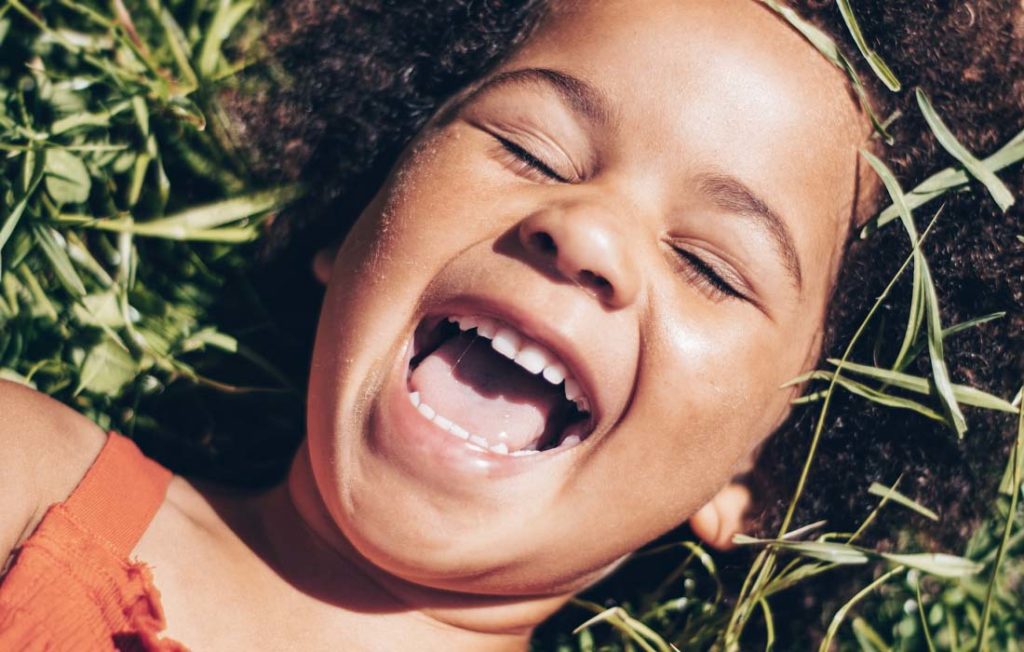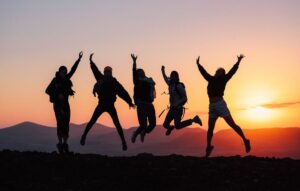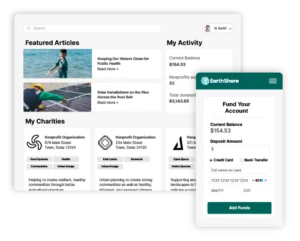Have you ever asked a child about climate change? Their answer may surprise you. After all, kids have a way of making it sound so simple, and it can be. Maybe it’s time to be more straightforward about how we as individuals, as businesses, as communities, as countries, and as a global society are interacting with the natural world around us every day.
And maybe we start by listening to our youngest generations. After all, they know more than you think.
And okay, maybe blowing up cars with missiles isn’t the solution we (or our planet) needs right now, but there are certainly some key takeaways that we can learn from and adopt.
#1. Make Some Noise
In order to be given what we want (supply), we have to demand it. This is a basic principle of capitalism and one that has transformed how people interact with the economy and government. It’s a critical approach, not only for purchasing goods, but for instigating change.
But how do we do this when it comes to environmental policy and reforms?
We have to make some noise—even when our governments don’t want us to.
This means protesting, voting, and putting your money where your mouth is. Reuse and repurpose when you can, and buy from sustainable, environmentally conscious brands when you can’t.
Do your research when it comes to organizations and businesses claiming to be climate-friendly; what have they done to back up these claims?
- For nonprofits, look for:
- Their IRS financials. Nonprofit tax records are available for public access. Check to see that the nonprofit’s inbound and outbound costs are in alignment with their overall claims and mission.
- The charity’s EIN number. Every legitimate nonprofit has one, and you can use this identification number to look up additional information about the nonprofit and their offerings.
- Annual reports. Does their yearly work speak to their environmental claims?
- For businesses, look for:
- Official certifications (e.g., Energy Star, Forest Stewardship Council, etc.)
- Transparency of material sourcing, how the company is run, etc.
- Greenwashing buzzwords. Many businesses say the right thing but don’t put those words into practice. Does the company’s business practices match up with what they’re really doing?
You have a platform to raise your voice and make some noise. From social media to marching in the streets, it’s time to increase the demand for positive environmental change so we can begin to see results.
#2. Stay Educated
Learning shouldn’t stop just because you’re no longer in school. Whether you’re 18 or 85, the fact is, our world is changing rapidly, and there’s always something new to learn when it comes to protecting it.
Can this feel like an overwhelming feat? Let’s be honest: yes, for sure. Life is busy for people of all ages, there’s always something else we need or want to be doing, and setting aside the time to learn about the environment doesn’t always make it onto that list. It’s high time we make our planet a priority.
But where do we even start? And how do we make learning about the environment a habit?
To start, embrace the fact that learning doesn’t automatically equate to textbooks. In fact, at EarthShare, we think that some of the most important learning happens outside of them when we begin to have open conversations with others.
Check out a recent conversation with Greta Thunberg hosted by the Natural History Museum:
#3. Make Every Decision with Tomorrow's Self in Mind
Do something good for the person you’ll be tomorrow.
The climate conversation often talks about the world in decade-long increments. Where will we be in thirty years? Fifty? One hundred? And while these are certainly valid and important questions to ask, it’s also critical to note that, for most people, daily life is already hectic. It’s hard to predict where you’ll be next week, let alone in ten years or more.
What we need to start thinking about and prioritizing are the people we’ll be tomorrow. What can you do today that will make life better for tomorrow’s self?
When we start small and frame our actions in this way, we can begin to think about the short and long-term benefits of conservation in an entirely new light. Maybe you opt to ride your bike today (instead of using your car) so you can feel good tomorrow about completing a goal and doing something good for the environment. Short-term goal: check.
And in the long term? You’re benefiting your health, mental clarity, and taking part in a behavior that leads to cleaner air for all.
Turns out, our kids have some pretty great ideas about how to make the world a better place. It’s time to start listening; to take them seriously. After all, they will be the ones to inherit this world—and all its problems—from us.
What kind of legacy do you want to leave behind?






